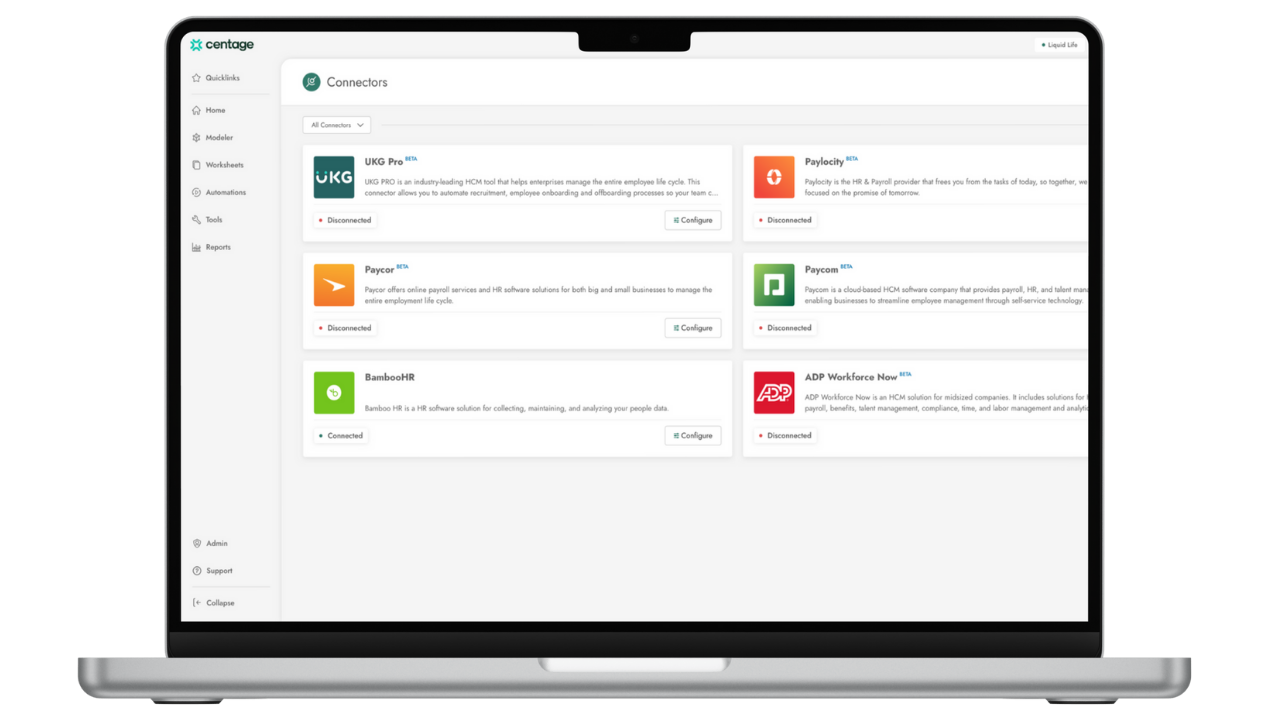One ERP System or Many?
Why completely consolidating ERP systems may not be the right answer
I just finished reading an interesting article published in TechTarget and authored by Linda Rosencrance, Freelance Writer and Editor, titled “Is Consolidating Disparate ERP Financial Systems worth it? The essence of this piece is the pros and cons of integrating or merging an enterprise’s collection of ERP and other financial and accounting software applications into a single instance ERP software solution and whether it is even practical to do that. Since many large enterprises, and numerous smaller organizations employ multiple ERP and financial systems, often by multiple software vendors, the debate on whether to consolidate everything into a single solution (and the potential benefits) becomes tempting and often valid.
The Ideal of a Single Instance ERP Solution
Wouldn’t it be great to have a single instance ERP solution, where data across the entire enterprise resides in one database; financial operations are consolidated in the same database, and financial statements are produced from data that rolls up from the various business units, while all relevant intercompany transactions are properly eliminated in the same database, under a set of rules embedded in the database, and so on and so forth? The reality, however, is usually different.
Why Multiple Systems Exist
The main reasons an organization ends up with many and varied systems are business acquisitions, rapid expansion, diversifying business operations, and sometimes keeping older systems in place while adding more current or industry-specific applications. The end result is often a myriad of software programs installed in many physical locations, employing numerous servers and IT processes designed to maintain these operations. To that add the many interfaces among the various systems where data is transferred from one system to one or more other systems. Sounds grim, but is it really that bad?
The Reality of Multiple Systems
That depends, as the above-mentioned article tries to explore. My experience working with very large companies, some global, shows that having several or more systems in place can work reliably and economically, when IT and business processes are well defined and executed. To me, whether the data is manipulated in one application and stored in one location or whether it travels all over the globe and is bounced around many file servers and storage locations is less relevant than whether the business processes and their supporting IT functions are well defined and executed.
The Amusing Perspective on Data
Looking at it a different way (and somewhat more amusing): Even the largest global enterprises’ data is comprised, at the system level, of 0s and 1s (or low voltages and high voltages in the electronic circuits that make up all these computer systems). It fundamentally makes no difference whether these 0s and 1s travel within one or many systems. Even within a single instance ERP system, there are many internal interfaces and numerous data manipulations and transformations. These 0s and 1s simply don’t care whether they are tossed around one set of file servers in one location or thousands of servers around the world, while passed around from application to application.
Complexity and Reliability
It is fair to say that the more complex the system and the more connections there are, the less reliable it can be. However, there are many IT controls that mitigate these risks, which inherently exist even within a single system in one location, or a single system with multiple storage and processing locations. What really matters is how the process is designed, maintained, and controlled.
Conclusion
As the article concludes, consolidating everything into a single instance ERP solution may not be practical, economical, or even feasible for the largest organizations. However, not being able to reduce the number of systems to just one should not be the reason why simplification should not be contemplated. In many cases, companies can reduce the number of their ERP solutions and other financial or manufacturing software packages, while striking a balance between total project costs and ultimate benefits. Overall, I’d rather see more effort put into process controls than embarking on lengthy, massive, and costly ERP consolidation projects with sometimes unpredictably disappointing results.
Keep reading...
Interviews, tips, guides, industry best practices, and news.


